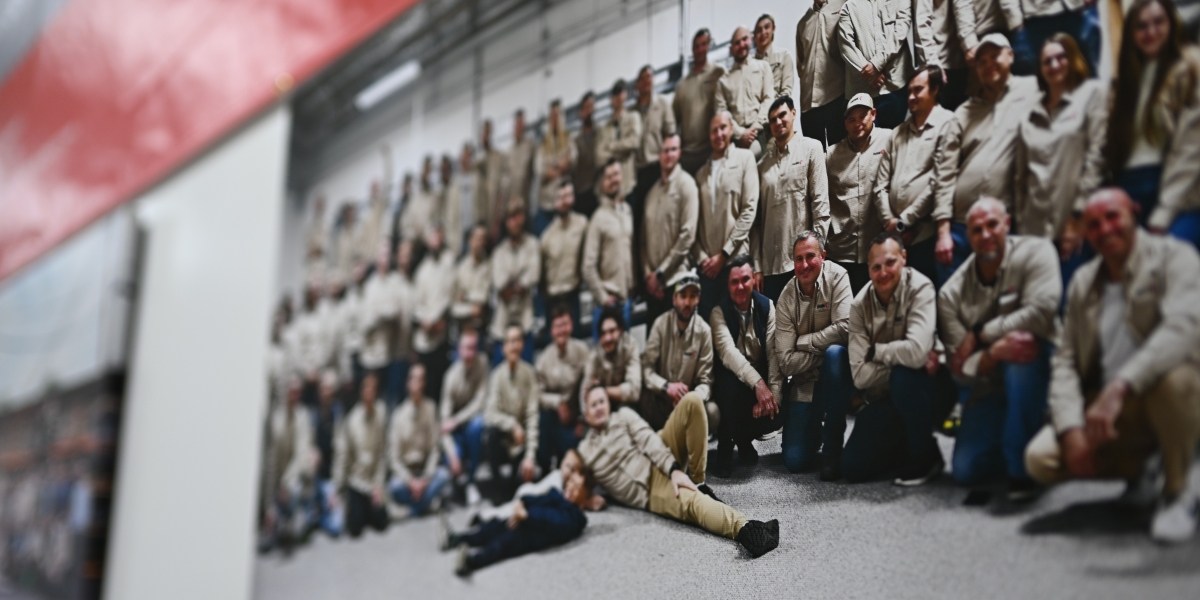Why Are Fireworks So Popular on the Fourth of July?
It’s hard to imagine the Fourth of July without fireworks lighting up the night sky. In fact, fireworks have become one of the most iconic symbols of the holiday. But how did they become such a central part of the celebration?
The tradition of using fireworks on the Fourth dates back to the very first Independence Day celebrations in 1777, just one year after the signing of the Declaration of Independence. John Adams, one of America’s Founding Fathers, had predicted in a letter that the holiday would be celebrated with “pomp and parade…bonfires and illuminations” for years to come. True to his words, early Americans marked the occasion with gunfire, cannon blasts, and colorful fireworks.
Today, fireworks represent more than just a loud spectacle—they are a symbol of the hard-fought battles that won America its freedom. The explosive bursts in the sky remind Americans of the struggles their ancestors endured to secure independence. Across the country, cities and towns host massive fireworks displays, from New York’s renowned Macy’s Fourth of July show to small-town gatherings, where people gather with their families to watch the sky light up in red, white, and blue.
While fireworks have become an essential part of the holiday, they also reflect the American spirit of joy, celebration, and unity. Watching the fireworks with loved ones creates a shared experience, a reminder of the collective pride Americans feel for their country’s history and freedom.
What Role Does the Flag Play in Fourth of July Celebrations?
The American flag is everywhere on the Fourth of July. From flag-printed T-shirts to banners hanging from porches, the Stars and Stripes are on full display. But this isn’t just about decoration—on the Fourth of July, the flag becomes a powerful symbol of national pride and identity.
The tradition of displaying the American flag on Independence Day has deep roots. The original 13-star flag, representing the 13 colonies that declared independence, was first adopted in 1777, and it quickly became a symbol of the new nation. Over time, as more states joined the Union, stars were added to the flag, but its symbolic meaning remained the same—a representation of liberty, unity, and the American dream.
On the Fourth of July, the flag is a reminder of the sacrifices made to achieve and protect those ideals. Many Americans choose to display the flag outside their homes, while public spaces are often draped in red, white, and blue decorations. Parades, a common Fourth of July tradition, feature floats and marchers proudly carrying the flag, with participants often donning flag-themed clothing as a way to show their patriotism.
For many, the flag is more than just a piece of cloth—it’s a symbol of what it means to be American. The Fourth of July offers a chance to reflect on the flag’s history and the values it stands for: freedom, justice, and opportunity. Whether it’s flown at parades, displayed in backyards, or waved during fireworks, the flag is a central part of Independence Day celebrations, reinforcing the connection between the holiday and American identity.
How Do Barbecues and Family Gatherings Celebrate Freedom?
If there’s one thing that defines a Fourth of July celebration beyond fireworks and flags, it’s the classic American barbecue. Friends and families gather in backyards and parks across the country to enjoy grilled hot dogs, hamburgers, corn on the cob, and all sorts of traditional American dishes. But why has the barbecue become such a staple of Independence Day?
Barbecues are popular on the Fourth of July because they represent more than just food—they’re about community and coming together. The holiday often falls in the middle of summer, making it the perfect time for outdoor gatherings. The idea of sharing a meal with loved ones reflects the communal spirit of the holiday. Just as early Americans came together to fight for independence, modern Americans gather on this day to celebrate the freedoms their ancestors fought for.
The food itself often has a distinctly American flair, from grilled meats to sides like baked beans and coleslaw. These meals are not just about eating—they represent American culture and the tradition of gathering around the table to share stories, memories, and laughter. The simple act of grilling outside, spending time with family and friends, and enjoying the warmth of summer has become a symbol of the freedom and joy that Independence Day is all about.
In many ways, the barbecue is a reflection of the American dream: the freedom to live life as one chooses, surrounded by family and community. It’s a reminder that the freedoms won in 1776 are still enjoyed today, whether that means pursuing happiness or simply enjoying a sunny day with a hamburger in hand.
The Fourth of July is more than just a day off—it’s a celebration of American history, culture, and the enduring values of freedom and independence. From the bright lights of fireworks to the symbolic display of the flag, every aspect of the holiday speaks to the spirit of patriotism that has defined the country for more than two centuries.
Whether you’re watching a fireworks display, waving the American flag, or enjoying a backyard barbecue, the Fourth of July offers a moment to reflect on the sacrifices that made America what it is today. These traditions, while fun and festive, are deeply rooted in the country’s history, serving as reminders of the journey toward freedom and the ongoing celebration of what it means to be American.
Through these shared customs, the Fourth of July continues to unite people from all walks of life, reminding them of the values and ideals that bind them together as a nation.








